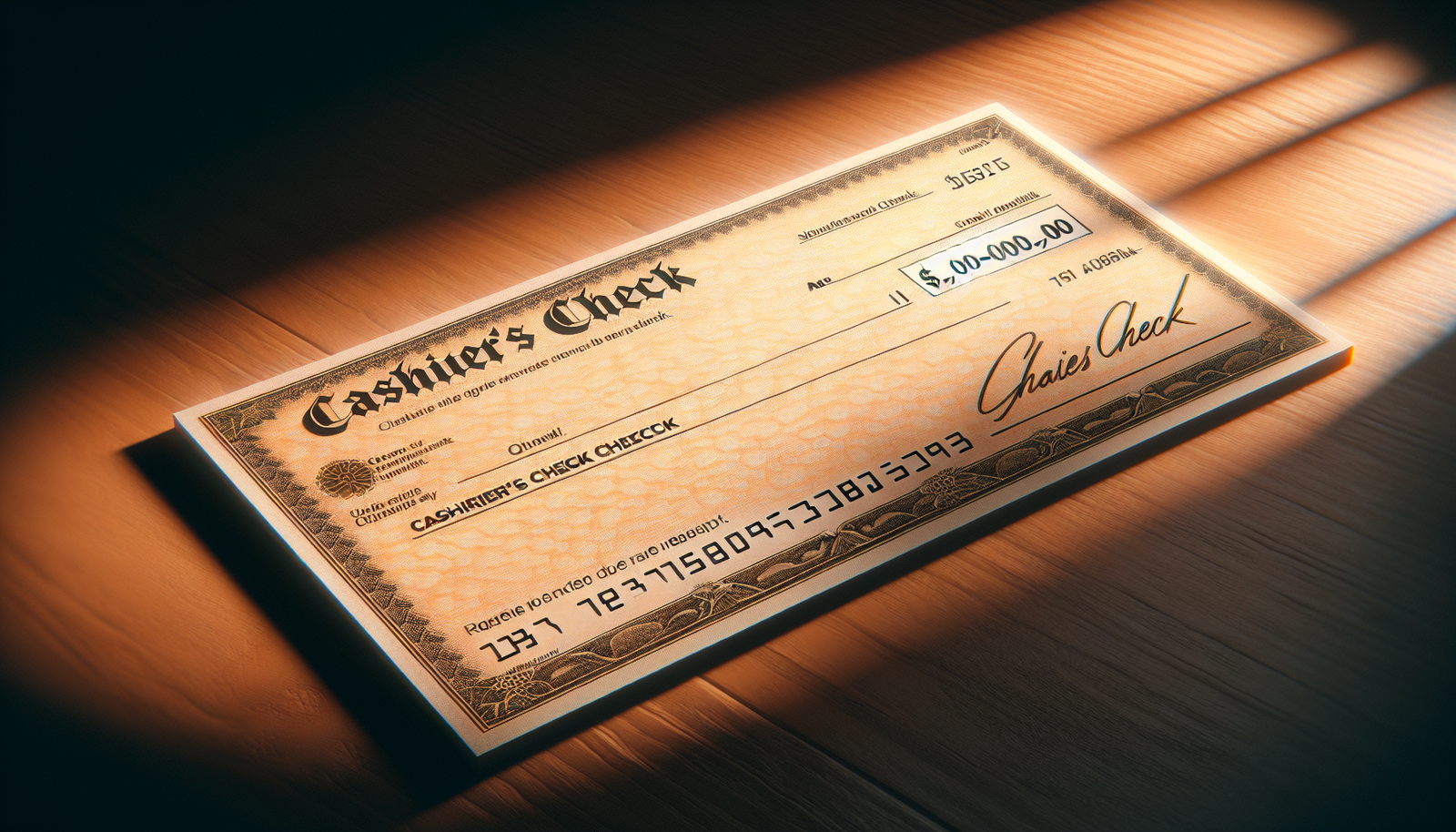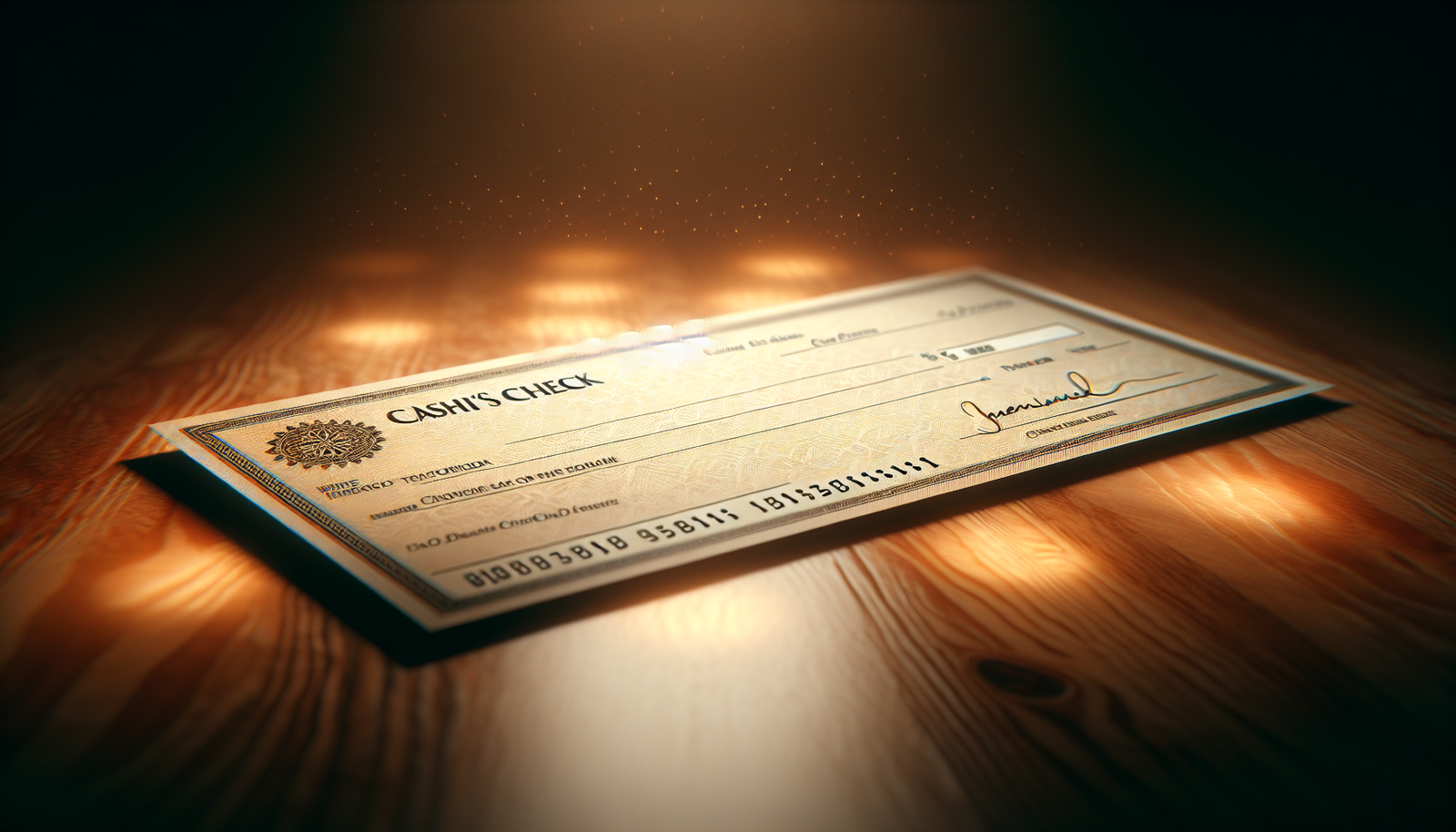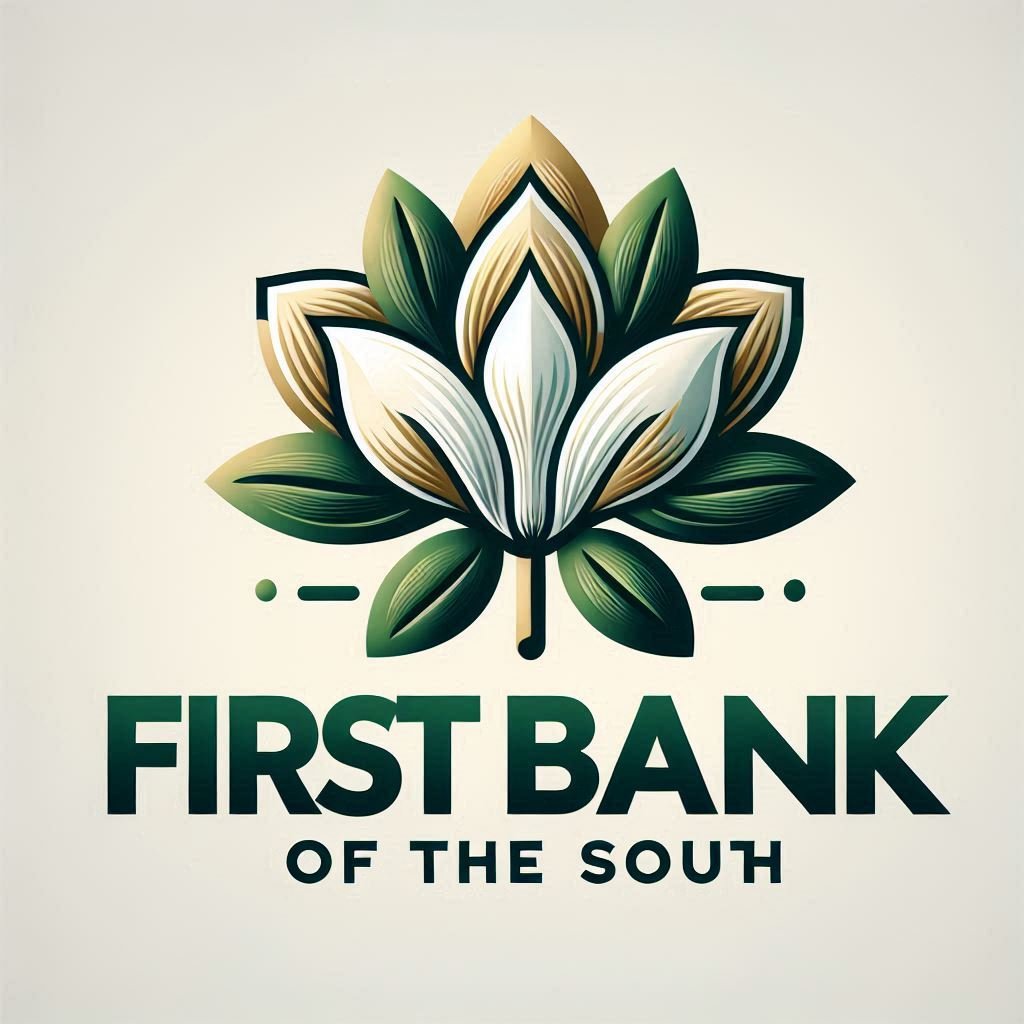
Unlock the world of financial transactions with the power of a cashier’s check. Imagine, if you will, a piece of paper that carries the full weight of your bank’s promise, ensuring that any transfer made with it will not bounce or fail. No need for personal check angst, no need to worry about the reliability of funds. This is the domain of the cashier’s check, your ticket to secured and guaranteed transactions. Let yourself be captivated by its simplicity and dependability. In the following paragraphs, every aspect of a cashier’s check will be clearly and creatively explored, offering you a deep understanding of a tool that could revolutionize your financial transactions.

Definition of a Cashier’s Check
The bustling world of finance is riddled with its own weave of terms and phrases, one mirroring the intricate patterns of a mosaic. A “cashier’s check” is one of these multicolored tiles dancing in the grand ensemble.
Understanding the term ‘cashier’s check’
You may ask, what is this elusive ‘cashier’s check’? The term itself is a bag of magic tricks. On the surface, a cashier’s check is a draft guaranteed by a bank, drawn on its own funds and signed by a bank representative. Simply stated, it’s a check written in the bank’s name, not yours – an important detail that sets the stage for much of its appeal and concerns.
Difference between personal checks and cashier’s checks
Peering into the intricacies of cashier’s checks reveals why they play such a unique role in the grand symphony of finance. Unlike personal checks which are connected to your own account, cashier’s checks are imbued with the reliability and surety of a bank’s account. Hence, they offer the receiver a safety net – a guarantee that the check won’t bounce due to insufficient funds. It’s as if a fairy godmother bestows her blessings on the check, assuring the merchant or business that the bank will honor the payment.
How Cashier’s Check Work
Let’s unravel the curiosity behind how a cashier’s check works.
Issuing process of a cashier’s check
Stepping into the bank, you request a cashier’s check. The bank then freezes the amount from your account or takes the amount in cash and writes the cashier’s check from its own funds. Voila! You have a bank-guaranteed payment in your hands.
How banks and other organizations use cashier’s checks
Banks and numerous organizations find cashier’s checks beneficial. Bridging the trust gap, the cashier’s checks are often utilized in large transactions where the recipient prefers not to depend on the financial stability of the payer’s personal account.
The Pros and Cons of Cashier’s Checks
Advantages of using cashier’s checks
The truth of the matter is, magic always comes at a price. The first advantage is the sense of security cashier’s checks provide for large transactions. Secondly, compared to personal checks, the payout is typically quicker with cashier’s checks. Thirdly, since the amount is prepaid, it offers an added layer of assurance to the recipient akin to Atlas himself guaranteeing the weight of the world.
Disadvantages of using cashier’s checks
However, the price of the magic they wield can be too steep. Cashier’s checks involve a fee charged by the bank. Also, the amount is locked from your account; once the check is issued, getting a refund can be a complicated labyrinth to navigate. In addition, cashier’s checks also attract scammers due to their perceived reliability.

The Security Features of Cashier’s Checks
How cashier’s checks counter fraud
Despite their lucent allure, cashier’s checks carry an arsenal of security features. Features like watermarks, intricate patterns, and microprints make duplication difficult for tricksters — a veritable firewall against fraud.
Additional security measures involved with cashier’s checks
The universe of the cashier’s checks is not devoid of extra asteroid belts of security. The purchase of cashier’s checks can be traced by authorities, and banks have to maintain records of cashier’s check issuances – adding an extra layer of traceability back to the original purchaser.
Getting a Cashier’s Check From a Bank or Credit Union
Process of obtaining a cashier’s check
So, enchanted by the magic of cashier’s checks and still wish to procure one? Obtaining a cashier’s check is quite simple: you need to request one from your bank or credit union. They will then deduct the specific amount from your account or take the cash equivalent and issue the check from their own funds.
Requirements for obtaining a cashier’s check from financial institutions
The requirements to acquire a cashier’s check are straightforward. You need to have the amount in your account or present it in cash. Some banks may require you to be an account holder, whilst others might provide the service to non-account holders for a slightly higher fee.
Fees Associated with Cashier’s Checks
Typical fees for issuing a cashier’s check
Each wave of magic comes with a price! The typical fees to obtain a cashier’s check range from $10 to $15 per check. However, depending on your banking relationship, some banks or credit unions might offer it for free or at a reduced cost. It’s like buying a ticket for the magic show.
Additional possible costs tied to cashier’s checks
Beyond the issuing fee, you may also encounter other fees. For instance, if you need to cancel or reissue the cashier’s check, the bank may levy an extra charge, and deciphering these additional costs prior might save you from any monetary shocks.
The Difference between a Cashier’s Check and a Money Order
Diagonal comparison of a cashier’s check and a money order
Imagine a dance-floor brawl between a cashier’s check and a money order. Both seemingly similar; but underneath, they play to different beats. Cashier’s checks are designed for larger amounts since they are typically uncapped, while money orders often have a ceiling limit. Furthermore, money orders can be purchased from various locations, while cashier’s checks can only be obtained from a bank or credit union.
Ideal situations for using either a cashier’s check or money order
Ideally, you’d choose a money order for smaller transactions where convenience and cost are considerations. Larger transactions, on the other hand, might necessitate a cashier’s check due to its high limit and underlying bank guarantee.
How to Cash a Cashier’s Check
Steps involved in cashing a cashier’s check
To cash a cashier’s check, you merely need to go to your bank or credit union or to the issuing bank, endorse the check at the back, and present valid identification. No magic spell needed. The banker then verifies it, before conjuring the cash or depositing it in your account.
Where one can cash a cashier’s check
The bank or credit union where the check was initially issued, or your own bank are usually the safest locations to cash a cashier’s check. Alternately, you could also use a check-cashing store or certain convenience stores, although they might charge a fee for the transaction.
How to Spot a Fake Cashier’s Check
Common warning signs of fake cashier’s checks
In this realm of financial magic, not all magic is benign. Beware of hastily issued cashier’s checks, or checks issued for more than the purchase price—these are cozy dens of scam artists. Examining holograms, the name of the issuing bank, or mismatched numbers, can serve as your magical mirror revealing the truth.
Steps to take when dealing with a suspicious cashier’s check
However, a false move can turn sour, and if you encounter something suspicious, do not act hastily. Approach your bank, or the issuing bank, and let them examine the check. The rule of the thumb is – when in doubt, always ask your financial institution.
The Legal Implications of Cashier’s Checks Scams
Legal challenges linked to cashier’s check scams
Legal hurdles arise when you fall prey to a scam involving cashier’s checks. The primary issue starts with the Uniform Commercial Code, which places responsibility on the victim of the fraud rather than the bank if you willingly participated in the transaction.
Rights and protection for victims of cashier’s check scams
Nevertheless, the law is not without protection for innocent victims. Legal regulations like the Expedited Funds Availability Act ensure the victims of cashier’s check fraud are not stuck with no recourse. Always remember, in the world of financial wizardry, vigilance is your most potent spell.

Leave a Reply